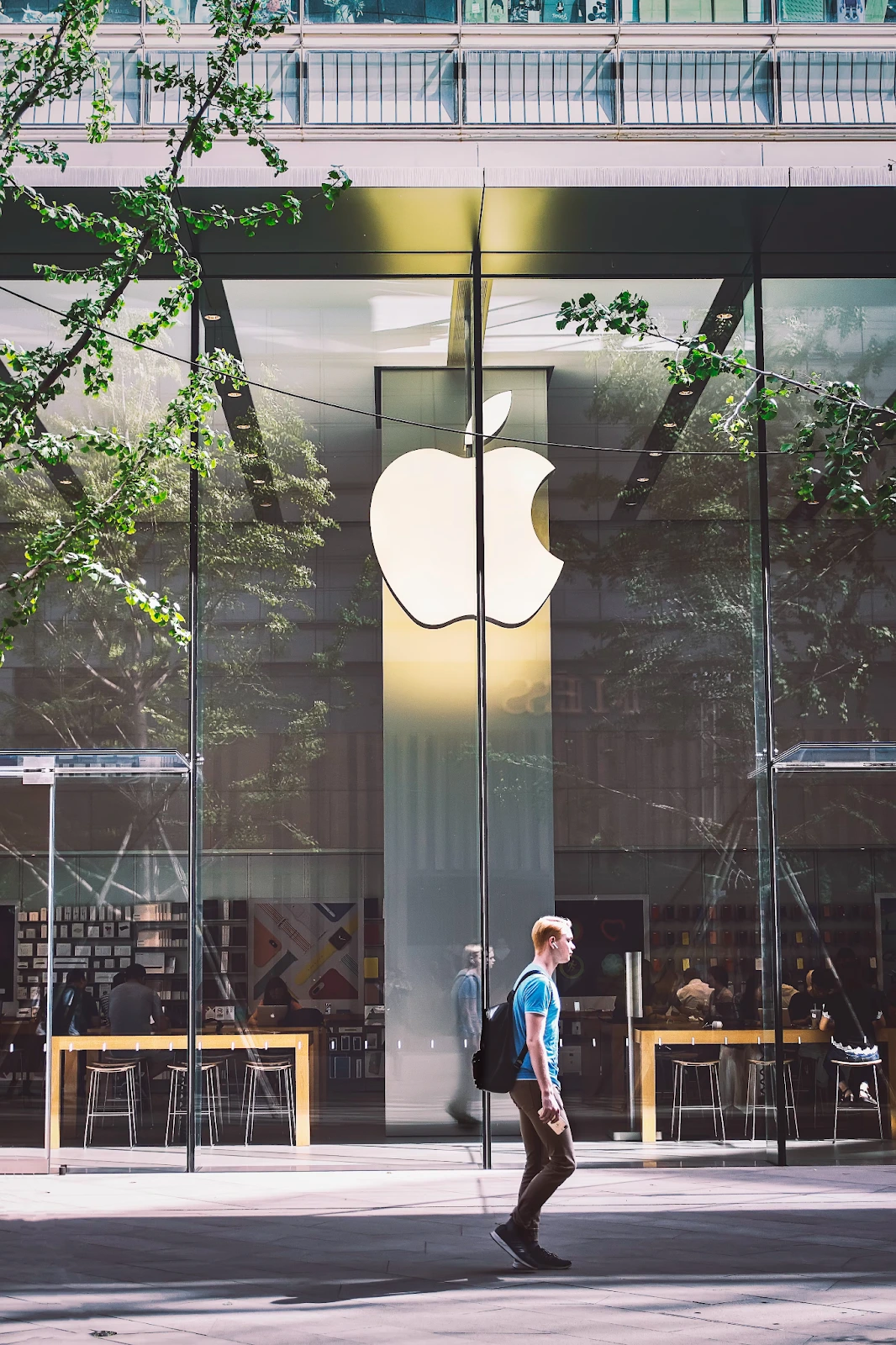Blog
Why Alternative iOS App Stores Are Gaining Popularity in the EU

EU countries are exploring alternative iPhone app stores. Regulatory changes have promoted this shift. Recently, Apple has been facing the European Digital Markets Act (DMA). This has forced it to open app installation options to third parties. The consumer gets more options, and there is competition prevailing in the market.
People are interested in a greater choice of game applications and a more reasonable price. For developers, some fans believe the same is a chance to market to fresh audiences. The increasing attention paid to such stores is indicative of a new attitude toward app stores. They want more variation and a better way to find relevant apps.
Regulatory Push: How the European Digital Markets Act (DMA) Shapes the Market
A new rule in the form of the European Digital Markets Act (DMA) is impacting the app marketplace. The DMA proposed a budget that aims to offer a level playing field for all digital service providers.
- Competition is also promoted by this new regulation.
- It makes it possible for consumers to select more apps because the number is relatively larger.
- It also enables applications to reach even more clients without having to negotiate through the rigid policies of Apple.
- It enhances flexibility and minimizes the expense to consumers. This is because the third-party iOS marketplace can provide applications at low costs.
- They may also include additional features which are not hosted by App store.
- During the use of these alternatives, the app distribution will change as users move to different means.
In general, the DMA is dramatically changing how apps are distributed and marketed. To a certain extent, it influences both users and developers by making the market environment much more competitive.
The Appeal of Broader Choices for Users and Developers

Benefits for Developers
Third-party store is also beneficial to developers. It allows them to reach more audiences than the regular format of news composing with more strict guidelines. It is a general consensus that many developers are restricted by Apple’s guidelines. When using third-party iOS marketplaces, they are able to promote their apps with less interference. This has the end result of promoting creativity and invention in the design of apps.
Lower Costs and Competitive Pricing
Actually, greater choice selection gives competitive prices. It is cheaper to acquire applications on other markets. This is for the advantage of those consumers who follow a tight budget. Developers can also offer the applications at more flexible price ranges.
The availability of a greater number of applications creates a more active atmosphere. From these changes, both users and developers benefit. They do so since they support a healthier app ecosystem. It respects consumer choices and app differentiation.
Competitive Pricing: A Key Driver Behind the Shift
Pricing is one of the significant influences that prompt the growth of competition. This is especially true in the case of the traditional iOS app stores. In these stores, developers can fix their prices charged. This is depending on the market they intend to serve. The App Store charges a great amount of commissions from app holders. In contrast with that, other marketplaces can afford to be a little more lenient. This makes applications cheaper for developers to produce. Thus, they are less expensive for the consumer.
Consumers are now intrigued by these cutthroat prices. Better and similar applications can be bought for a cheaper price. This is why people have more interest in alternative stores. Often consumers are glad to have options that mean a better deal for money. This is especially true in a period of lean economic prospects.
The focus is increasingly moving to competitive pricing. This changes every app market landscape. It motivates developers to offer novel products at the same time. This is because it ensures consumers do not end up spending a lot of money. Thus, it has a positive effect on all participants and indicates the shift in application distribution and promotion.
Improved App Discovery and Diversity Through Third-Party Stores

App store marketplaces increase applications’s availability. Also, they increase the variety of choices in the digital ecosystem. These stores offer a larger variety of applications compared to the official Apple App Store. The app store provides users with a broad collection of exemplary applications. Most developers use these platforms to display their developments. This leads to an enrichment of the consumer offer.
These days, people look for a place without limitations on choices. It helps introduce competition. This challenges developers into making their products better from time to time.
Also, third-party stores usually have a better means of finding applications to download and install. They apply the best algorithms to suggest applications according to the customers’ choices and actions. This allows the consumers to look for more appealing applications to their needs.
Conclusion
The emergence of EU alternative iOS app stores points to a number of important shifts in the digital environment. The European Digital Markets Act is only one example of the new regulation that enables the third-party market place. This creates more competition, thus more options for the consumers and developers.

